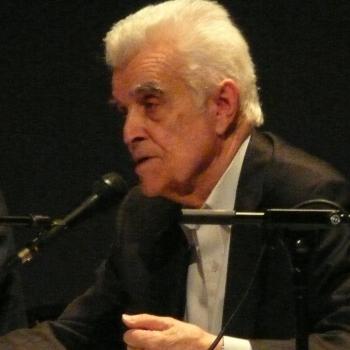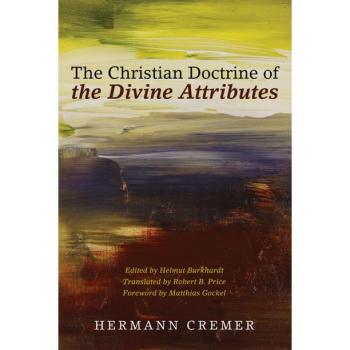What Makes Someone an “Evangelical?”
(This is an op-ed piece I wrote for the Waco Tribune-Herald that was published on its editorial page in July, 2016. I republish it here with the newspaper’s permission)
Twice I saw the word “evangelical” on the July 20th editorial page of the Tribune-Herald. Both times, as often in the media, the word was associated with right-wing politics of a fairly extreme kind.
Kudos to the Trib’s editors who qualified the association referring to “disgruntled Americans, especially white conservatives, many of whom imagine themselves evangelicals” (italics added).
I want people to know what “evangelical” means and does not mean. I, for example, am theologically and spiritually an evangelical Christian and have been my whole life. Politically and economically, however, I am and have long been progressive.
Sidebar: The opinions expressed here are my own (or those of the guest writer); I do not speak for any other person, group or organization; nor do I imply that the opinions expressed here reflect those of any other person, group or organization unless I say so specifically. Before commenting read the entire post and the “Note to commenters” at its end.*
Historically and theologically there is no connection between evangelicalism and any certain political affiliation or economic orientation. Also, historically and theologically, at least since World War 2, there has been and still is a difference between fundamentalism and evangelicalism. Unfortunately for many of us moderate evangelicals, many fundamentalists have manipulated the media to call them evangelicals.
I attended a mainstream, “middle of the road” evangelical seminary in the 1970s. There I learned the differences between being “evangelical” and being “fundamentalist.” Evangelicals, for example, whole heartedly supported the ministry of Billy Graham; fundamentalists criticized him for his strong commitments to racial integration, ecumenical cooperation and broad vision of evangelical Christianity.
I well remember the shock I felt when I first heard evangelist Jerry Falwell refer to himself and his followers as “evangelicals.” Falwell had been among the fundamentalist critics of Billy Graham. Then television talk show hosts like Phil Donahue began treating Falwell and his ilk as paragons of and spokesmen for American evangelicalism.
I am and always have been a proud, committed, “card carrying” evangelical, but I cast my first presidential vote for liberal third party candidate John Anderson of Illinois—an evangelical. Although I could never cast a vote for him, I considered progressive Oregon senator Mark Hatfield, also an evangelical, a hero.
So what makes me evangelical? I believe in the inspiration of the Bible as God’s Word written. I believe every true Christian has had a “born again experience” whether they know it or not. I believe in taking the good news of Jesus Christ to the whole world through missions and evangelism. I believe Jesus’s atoning death on the cross is the only reason anyone can be saved. These are the hallmarks of evangelicalism; among them is no political orientation or commitment.
Let me put it this way. Even if all who call themselves “evangelical” should become vegetarians, vegetarianism would not become a hallmark of evangelicalism. Evangelicalism is a spiritual-theological ethos, not whatever the majority of people who “imagine themselves evangelicals” happen to believe or do.
The evangelical spiritual-theological ethos has deep roots in especially Protestant pietism and revivalism; it is identifiable in individuals, churches and parachurch organizations by its historical-theological hallmarks, not by self-proclaimed spokespersons who wish to highjack it for profit or political gain.
*Note to commenters: This blog is not a discussion board; please respond with a question or comment solely to me. If you do not share my evangelical Christian perspective (very broadly defined), feel free to ask a question for clarification, but know that this is not a space for debating incommensurate perspectives/worldviews. In any case, know that there is no guarantee that your question or comment will be posted by the moderator or answered by the writer. If you hope for your question or comment to appear here and be answered or responded to, make sure it is civil, respectful, and “on topic.” Do not comment if you have not read the entire post and do not misrepresent what it says. Keep any comment (including questions) to minimal length; do not post essays, sermons or testimonies here. Do not post links to internet sites here. This is a space for expressions of the blogger’s (or guest writers’) opinions and constructive dialogue among evangelical Christians (very broadly defined).












